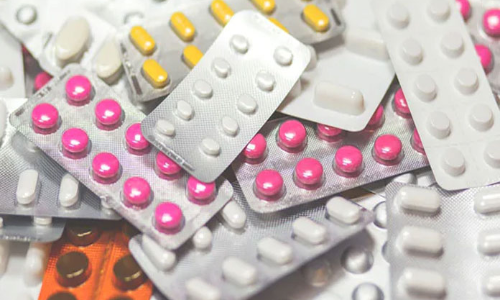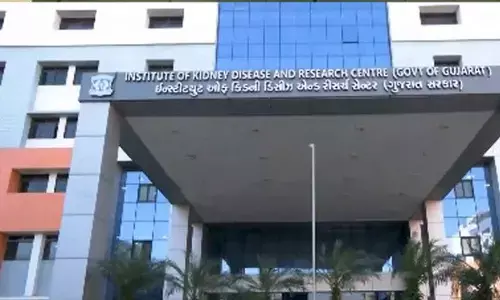Common Heartburn Drug Linked To Kidney Disease Risk

According to the World Health Organisation, PPIs are essential medicines for many people, helping them to control symptoms that are often painful and disruptive to daily life
According to the World Health Organisation, PPIs are essential medicines for many people, helping them to control symptoms that are often painful and disruptive to daily life.
Intake of widely prescribed drugs to neutralise stomach acid by people with heartburn or stomach ulcers could be associated with increased risk of kidney disease, warns a study of over 40,000 patients.
The study, published in the Scientific Reports journal, showed patients who took proton pump inhibitors (PPIs) were more likely to experience kidney disease than those who took another type of drug used to dampen down acid production called H2 blockers.
The patients who took only PPIs were 28.4 times more likely to report chronic kidney disease, as well as acute kidney injury (4.2 times more likely), end-stage renal disease (35.5 times more likely) and unspecified kidney impairment (eight times more likely), said researchers including Ruben Abagyan, Professor from the University of California-San Diego.
According to the World Health Organisation, PPIs are essential medicines for many people, helping them to control symptoms that are often painful and disruptive to daily life.
But Abagyan hopes this initial data will prompt healthcare providers to appropriately warn, educate and monitor patients who require PPIs, particularly if they are at an elevated risk for kidney disease and electrolyte abnormalities.
For the study, the team looked at a data of 43,000 patients who took PPIs and the control group, approximately 8,000 patients who took histamine-2 receptor blockers, such as Zantac or Pepcid, and no other medications.
Patients who took only PPIs reported a kidney-related adverse reaction at a frequency of 5.6 per cent against 0.7 per cent for patients who took only histamine-2 receptor antagonists.
However, the researchers cautioned the study does not reveal absolute frequency of these kidney-related complaints for all people taking PPIs. A large, randomised, controlled clinical trial would be needed to show causality between PPI usage and absolute risk of kidney disease in humans.














